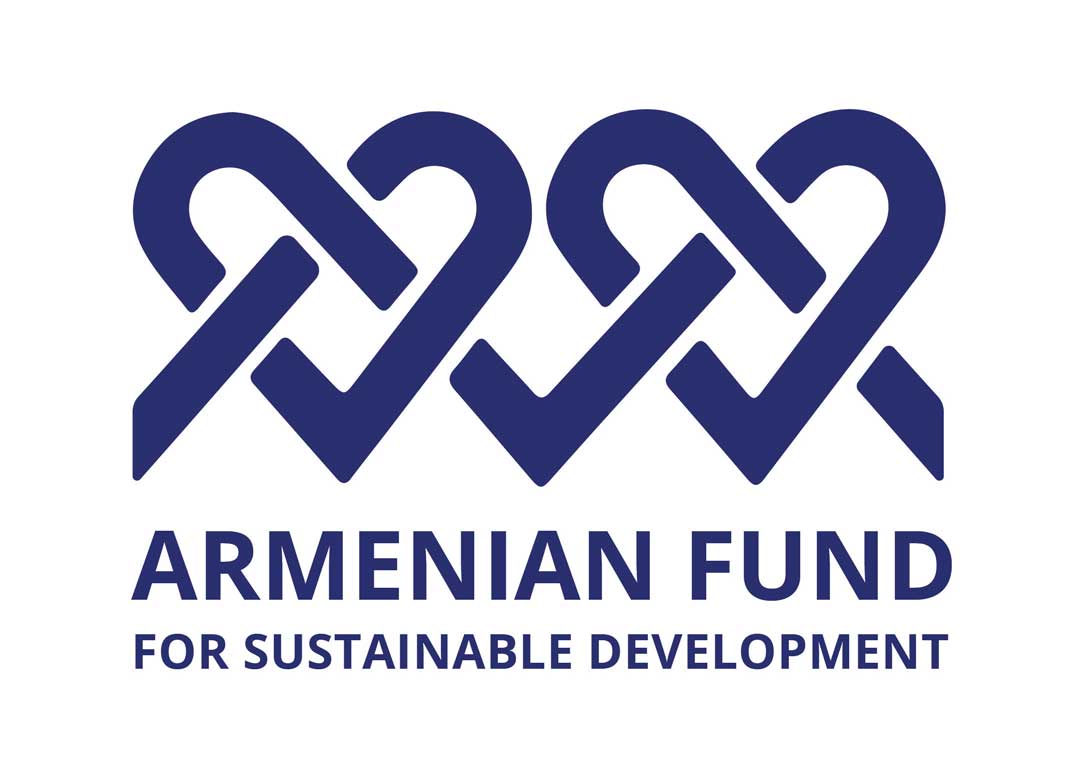Armenians have migrated easily for centuries. Migration flows heightened during historically tricky periods.
Seasonal labor migration and remittances from abroad play an essential role in the self-sufficiency of a large part of the population in Armenia. Despite State efforts, migration management remains a strategic challenge as it impacts the country demographically and economically.
Migration management remains a strategic challenge. The EU Central, Member States’ public relevant authorities OFII, BAMF, and international organizations, such as ICMPD, IOM, Caritas, and others, have supported Armenian authorities in this endeavor.
The Armenian Fund for Sustainable Development (AF4SD) took part in this process in 2005 when the EU-funded AAAS/OFII voluntary return program for returnees was launched and continues to this date.
The progressive introduction of Artificial Intelligence Systems in managing migration flows in recent years has focused our attention on the legal and ethical aspects of using AI systems in this sector
|Our Work|Migration|Voluntary return|AI and Migration|
